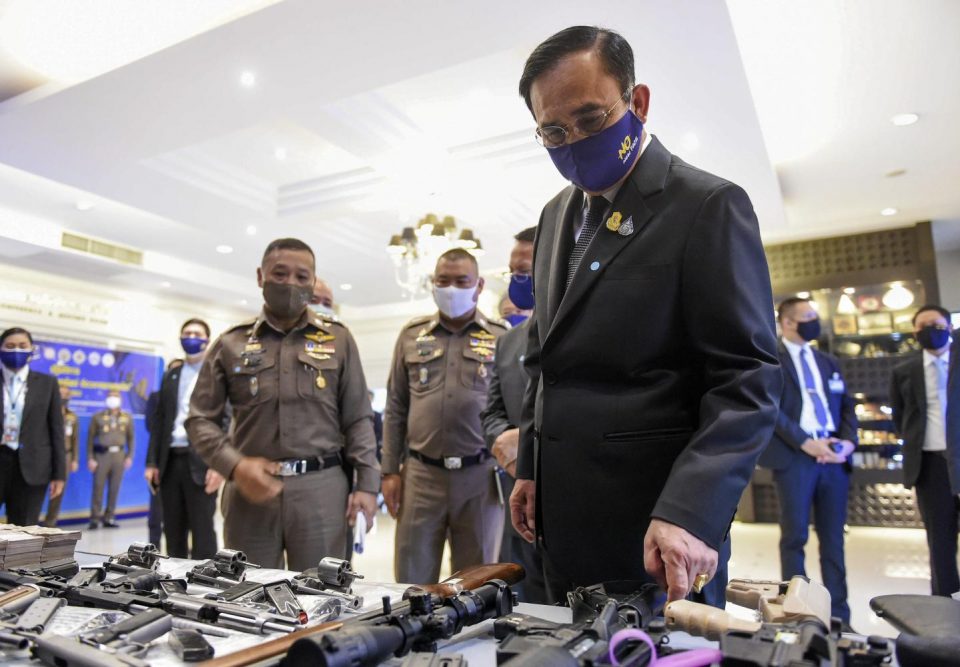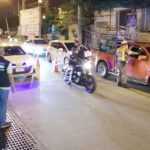Prime Minister Prayut Chan-o-cha yesterday urged anti-narcotics authorities to target “big fish” and focus their investigations more on assets and money-laundering activities.
Speaking during a visit to the Office of the Narcotics Control Board (ONCB), Gen Prayut said drug suppression operations only appeared to snag peddlers due to a lack of international cooperation to track down drug producers and suppliers.
“The drug syndicates also change the way they deal drugs, so we have to go after their assets and how they launder the money. If we can do this, the networks will start to disintegrate. And even then, authorities have to come up with new approaches to catch them,” he said.
But Gen Prayut asked authorities to be thorough and ensure they operate within the law when it comes to asset seizures and investigations. He also warned against bribery, saying the government would not tolerate corruption.
He also said the government’s efforts in restoring peace and order in the deep South would get a big boost if drug problems there were addressed.
Justice Minister Somsak Thepsutin said anti-drug agencies spend about 5.2 billion baht each year cracking down on drug networks, with an average of 3.6 billion baht being seized. While there are as many as 80,000 drug cases each year, less than 2,000 go to court.
He said it is time to mobilise efforts in going after the assets of drug networks and that the ONCB will set up sub-committees in every region to investigate and confiscate drug-related assets.
Mr Somsak said amendments to the anti-money laundering law, which takes effect on May 31, will also bolster efforts in tracing the money. The amendments involve an increase in rewards for drug arrests.
Uthai Sinman, deputy chief of the Department of Narcotics Litigation, said investigations had revealed that small-scale drug suppliers in the border provinces launder money by dealing in consumers goods like cooking gas and petrol.
He said authorities had found 20,000 suspicious bank accounts with cash flow of more than 35 billion baht in Chiang Rai’s Mae Sai district but only 247 of those accounts had been frozen.




